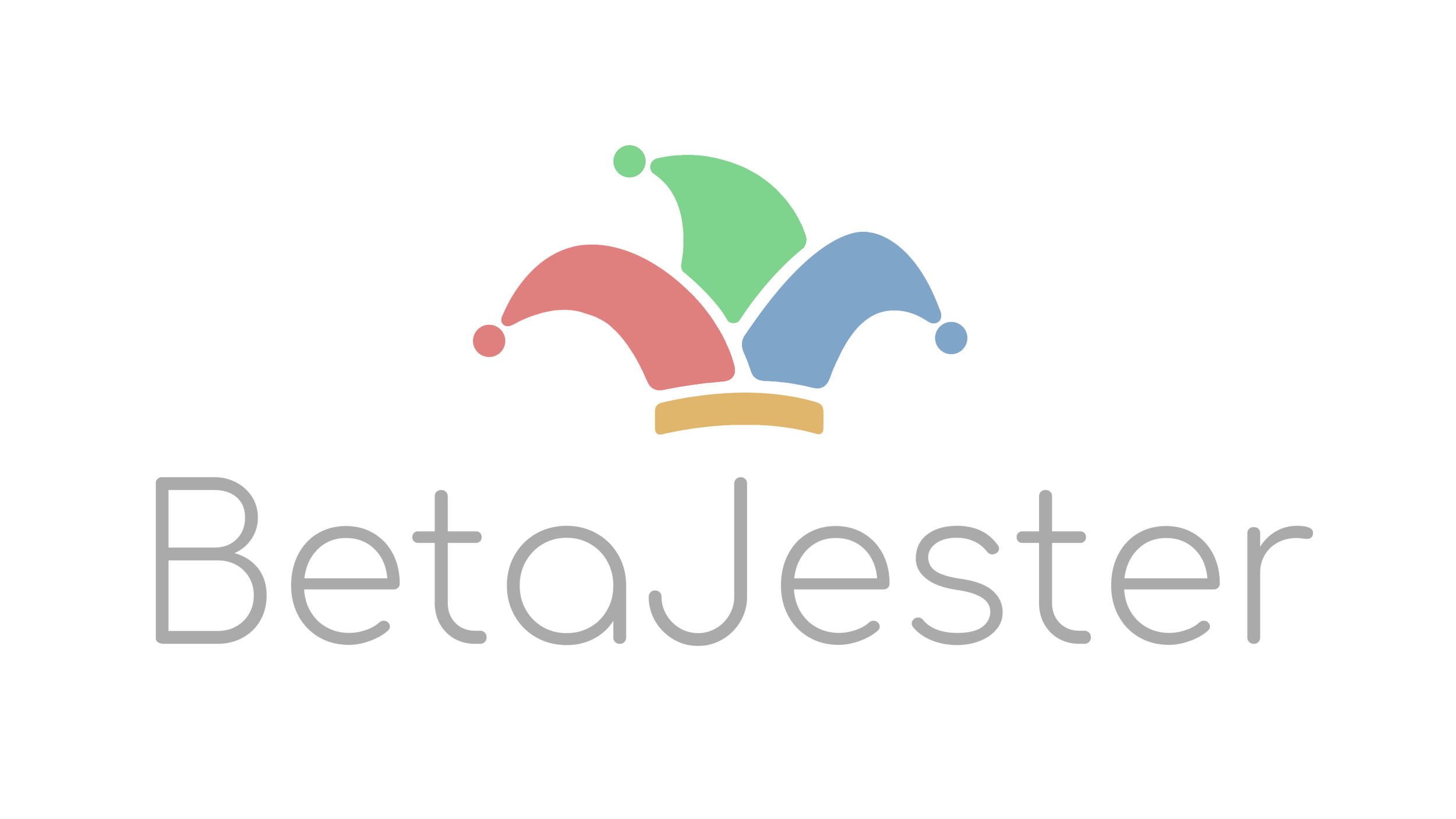Meet Co-Founder & Back End Lead: Josh Porter
Josh’s story started with a childhood passion for games and a desire to construct his own. Now, he is a leading software developer for the team. As well as being responsible for executive decisions within BetaJester. Read about his beginnings and goals below.
How did your passion for games and technology start?
My passion for games and technology started when I was a child. I would regularly go round to a friends house. We booted up Pokemon Stadium. I'd never been so lost in an experience before. When I went round again, we booted up Crash Bandicoot and once again I was lost in another world.
To keep a longer story short, Halo 3 was the game that drew out a deep desire to be competitive and be better than those around me, something that has stayed with me ever since and has perpetuated throughout my career.
After college, I decided that I was going to commit myself to not just being a gamer, but to have the ability to construct those experiences and share them with others so that they in turn may have such moments in their lives.
This was how my passion and pursuit for games and technology began.
Where did the idea of starting BetaJester come from?
BetaJester came from all of us game jamming, and experiencing what it was like to work as a team towards a goal under pressure. We found the experience so invigorating and creatively explosive. We chased every opportunity we had to participate in other game jams.
That's when we got the bug to work together. The bug for entrepreneurship came a year later when we realised we made a good team, had shared goals and we wanted to take it a step further. We decided to start travelling to business events and call ourselves after the game jam name we operated under; BetaJester.
We've been doing exactly that ever since and in May 2015, after graduating and taking stock of our future lives, we decided to bite the bullet and take that leap of faith, it was then or never. We incorporated a week later.
What are your responsibilities in the company?
I have multiple roles within the company. We are a micro business and such as such everyone must be both a specialist and generalist simultaneously. With that said, I primarily operate as a director and developer, engaging in both development work and high-level executive decision making.
As a developer, I handle projects often solo or as lead. This involves the entire software development life cycle, from networking for clients, initiating contact, contract acquisition, feasibility study etc. all the way through to the meat of development and beyond to delivery and sometimes support.
As director, I need to be on hand at any time in order to make executive decisions regarding the prosperity of the company. I share these roles with the other directors of BetaJester. This means we can still function if one of us is unavailable, as well as having daily meetings so we can act with speed and adapt to changing circumstances quickly and effectively.
“I take great pride in what we have and can achieve as a company”
Would you consider yourself an expert and why?
‘Expert’ can be highly subjective. By the standards of a year ago, yes I would consider myself an expert, though I did not have the knowledge I do today.
What I can say though, I have an ability of adapting to what the company is lacking or requires. Whether it is a new programming language, a new way of operating or just a new type of client to handle. I overcome challenges and I take significant pride in that, as well as having confidence in myself to take on any challenge and continue pursuing new learning in the future.
Why is immersive and gamification the future for businesses?
Immersive content and gamification are the future for businesses because of many reasons but perhaps the most prominent in today's climate is risk and cost. Immersive content has significantly reduced risk to businesses across multiple industries due to deploying training exercises to internal staff remotely and removing real life physical dangers, such as mobile tower maintenance and more.
Immersive content also reduces costs as companies no longer have to send large groups of staff to training schemes or camps. This saves on prep time, management oversight, travel costs and so much more.
Gamification has already been afoot for years. Every reward scheme or loyalty card is a form of gamification. It's engaging an audience by reinforcing certain types of behaviour. Enacting game techniques like leader boards or virtual points to engage the user’s competitiveness are great examples.
We will likely see more and more extreme gamification come into play in the coming years. It will be up to businesses to act now to stay ahead of the curve.
What do you want to achieve with BetaJester?
The goal with BetaJester has always been sustainability as the primary focus. However, we also have goals of providing a positive, engaging & challenging environment for employees. Another major goal is growth. We have had massive year on year increases and are on track to have once again in 2021.
On a personal note, I wish to make a product that genuinely makes a difference to people. We have been service-based for a while and I see major growth via a product-route, but also the human element of creating something that someone else values.

